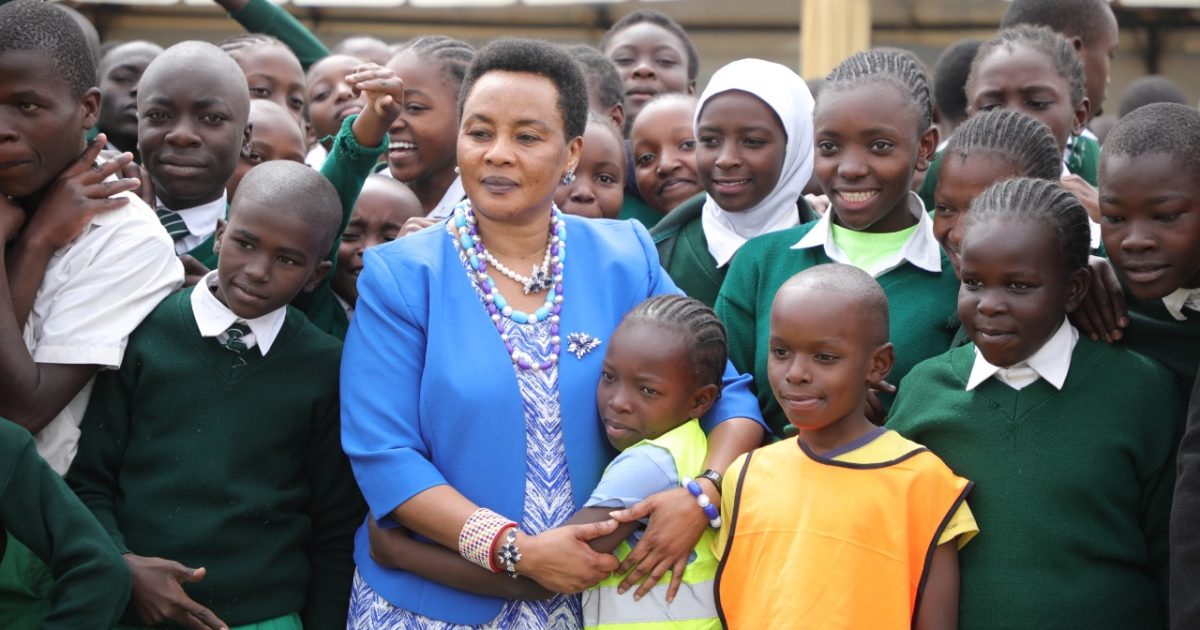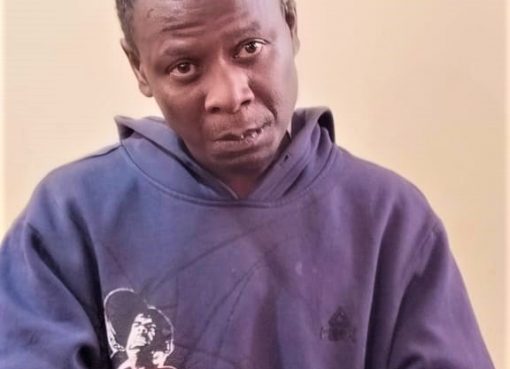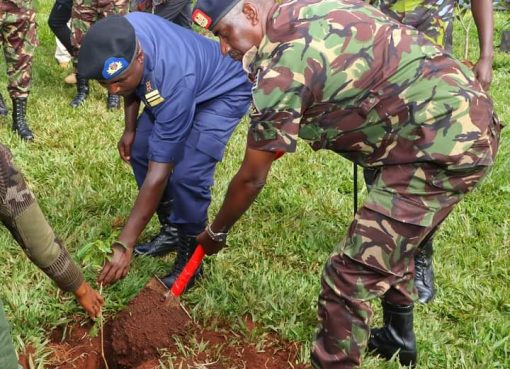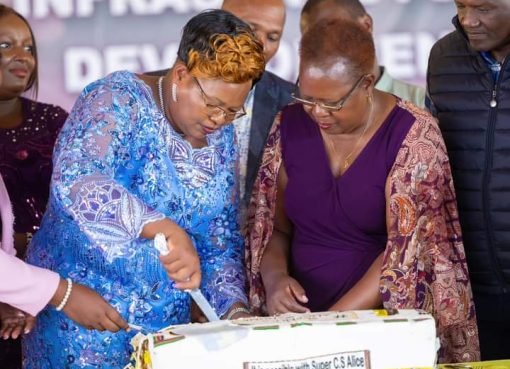Deputy Chief Justice (DCJ) Philomena Mwilu has decried the increasing number of defilement cases in the country and the rising number of parents conniving to conceal the crimes by sweeping them under the carpet to ‘preserve family honour.’
Speaking when she officiated over a ceremony held at Mbagathi Primary School in Nairobi to mark the Day of the African Child, the DCJ noted that there is a growing trend where when a child reports to the parent about a defilement, the parents expend their energies covering up the crime instead of working towards obtaining justice for the child.
“A parent who conceals defilement is not worth being called a parent. Shame on every parent who tries to cover up instead of seeking justice for their child!” The DCJ lashed out adding that such children end up destroyed and never recover.
“A society which does not look out for its children is dead,” she added.
DCJ Mwilu called on children who are victims of defilement not to be silenced saying: “You must speak out! Even if your parent prefers silence, find someone else you trust – a teacher, an aunt, a responsible person – and tell them. Do not be party to the conspiracy of silence which only empowers and emboldens the perpetrators. Even if the perpetrator threatens you that should not stop you from pursuing justice.”
“What has happened is not your fault,” she said while responding to a question from a child on why victims are asked to talk about what happened during the defilement in court which in itself further traumatizes them.
The DCJ observed that courts rule according to the evidence tabled before them adding that victims can help the Judiciary bring culprits to book by preserving evidence. “I urge anyone who have been defiled or raped to resist the instinct to take a shower immediately, but instead report to the nearest hospital so that medical evidence can be taken, which will help to nail the culprit and prove the crime beyond reasonable doubt,” she said.
The DCJ noted that the Day of the African Child is important as it helps society reflect on how it treats its children across the sectors.
She outlined measures that the Judiciary has taken to ensure the rights of children are upheld whenever they come into contact with the law. They include ensuring children have legal representation by the state if they cannot afford an advocate; putting a cap of six months to complete children cases; having separate holding facilities set aside for children and even having dedicated Children Courts and Children Magistrates.
She made a special mention that upon ascending to office, Chief Justice Martha Koome – who has often referred to herself as a defender of children’s rights – directed that court filing fees be waived in children cases.
Speaking in the same forum, Lady Justice Teresia Matheka who is the Chairperson of the National Council on the Administration of Justice (NCAJ) Special Taskforce on Children Matters, said the Taskforce was established to ensure that all agencies in the justice chain work together and look out for the welfare of children while they are being processed across the system.
The Taskforce draws membership from the Judiciary, ODPP, Children’s Department, National Police Service, Probation, Prisons and NGOs among others.
Justice Matheka said that the team sets standards and has joint training sessions so that they can have a uniform understanding of what is expected of us as they handle children cases.
She also noted that the Taskforce visits the various children justice facilities across the country, from Borstal Institutions, Remand Homes, rehabilitation centres and Probation Hostels, to assess the condition of the facilities, and receive feedback from children and the officials on how to improve access to justice for children.
Unlike other functions which are characterized by speeches only, this year’s Day of the African Child was set up in a question and answer conversational style, where children asked the DCJ questions and she addressed them.
Over 1000 children who attended the event were drawn from the eight primary and secondary schools in the neighborhood of Mbagathi Primary School. Other pupils from Machakos, Busia, Kilifi, Kwale, Naivasha, Kiambu as well as Daadab Refugee Camp participated virtually.
The Day of the African Child was initiated by the Organization of African Unity in 1991 and is a day when governments, NGOs and stakeholders reflect on the rights of children.
By Joseph Ng’ang’a





